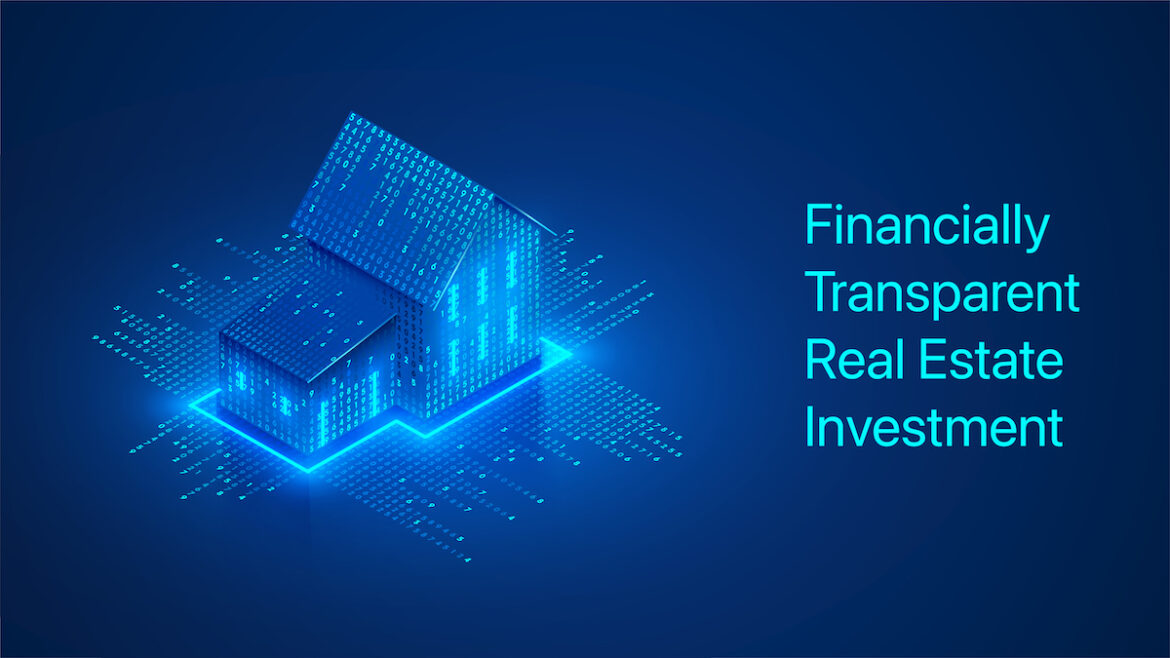I feel like a lot of the 1st generation blockchain applications have been taking advantage of the ability to use the technology to tokenize mostly digital asset (I see you NFTs) to make them easily – and then of course no sooner do people do that that they then build derivatives trading on top of that. What results seems to be the creation of exchange markets of super-tradable assets. Unfortunately, it seems that market participants are only interested in making items that are hyper-tradable and are significantly less focused on creating quality products.
This has, to date, left aside one of the other potentially great benefits of smart contracts on blockchains – the potential financial transparency of this digital assets. I wanted to make a small post about the product I’d like to help develop and would also like to purchase and trade…
Imagine a residential lease agreement executed as a smart contract. The smart contract itself would hold the security deposit funds, would know the terms of the lease and know be able to execute rent payments at regular intervals. A good user interface would enable to the legal agreement and the financial execution of that legal agreement to be essentially the same small software program executed on a blockchain. Nothing special here.
Now imagine a 100-unit residential or commercial building where each one of tenant leases is executed as described above. The entire building would be its own single smart contract consisting of the 100 individual lease smart contracts. One could then create digital tokens of the building asset/contract and sell those tokens to interested investors.
People already do similar investments in real estate with REITs and such, the benefit of applying smart contracts to this space is that first that you could make those tokens easily tradable. Even better however, is that it would be much easier to properly value those tokens because if built correctly those who have an interest in purchasing those tokens should have one-click access to see the current status of the underlying lease smart contracts. They should be able to quickly and easily know up-to-the-second cash flow of the building, how many of those leases are active and what percent are vacant, etc.
Of course, all of this happens in the context of some regulatory environment. For compliance reasons there would likely be restrictions on who could buy these tokens, how often and to whom they might be traded, what disclosures are required (although I think the transparency described above helps a lot on this front), etc. This all likely informs the brand of blockchain solution that would be most appropriate for implementation.
It was listening to this episode of the Unchained Podcast that originally got me thinking in detail about these ideas. That episode is from 2018 and while there has been some movement in the space, not nearly as much as I thought would happen in three years. Recently I was watching an episode of Coin Bureau about Algorand and saw that they had created a partnership with Vesta Equity to do vary similar stuff so I think perhaps the market is finally ready for mass creation of these types of digital assets.
